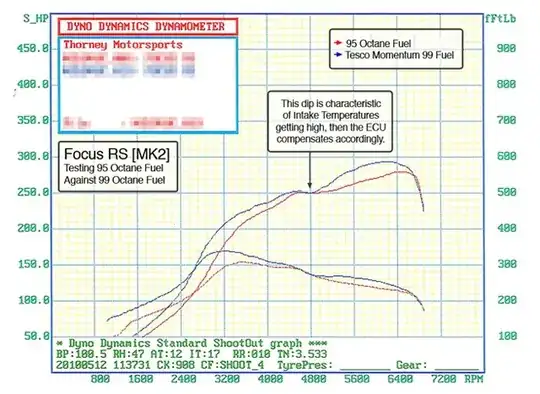No. Higher octane fuel is not "better", it simply burns at a higher temperature/pressure. The advantage that high octane fuel has is that you can build the engine to use a higher compression ratio which allows you to get more fuel, and hence, more power, into and out of each stroke. If the fuel is too low octane for the engine, you will get pre ignition ping, otherwise known as knocking, because the fuel explodes too early. If the octane is too high, then it explodes too late or won't burn at all. These days the electronic control systems can play games with the valve timings to compensate somewhat so that you don't get knocking, but it still isn't doing the engine any favors to use the wrong fuel.
So the bottom line is: use whatever fuel the engine was designed for, no higher, and no lower. For most non sports cars, that means 87 octane.
See:
http://en.wikipedia.org/wiki/Engine_knock
http://ask.metafilter.com/128168/Does-high-octane-gas-matter
http://www.toyotaperformance.com/fuel_octane_vs_horsepower.htm
https://mechanics.stackexchange.com/questions/39/what-are-the-benefits-of-premium-high-octane-petrol
There also is, of course, the owners manual of pretty much any car that will tell you what octane fuel to use, and they don't specify X or better. Some manuals, like my Toyota Prius, explicitly specify NOT to use higher octane fuel.
